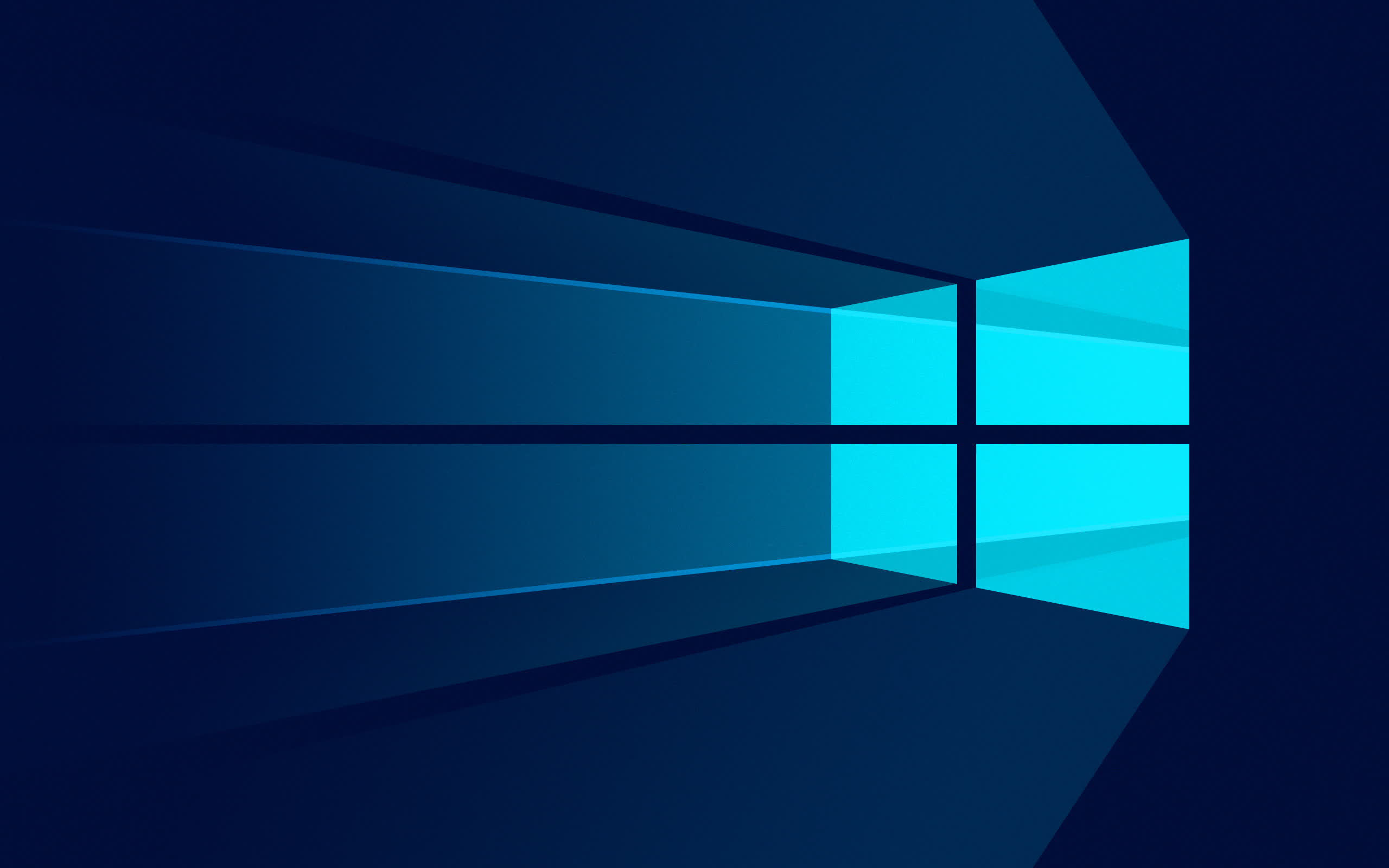Recap: Historically, the vast majority of security issues encountered on the Windows platform have been memory-related bugs. Rust can provide a highly effective solution to this long-standing problem, and Windows programmers are well aware of its potential.

Although Rust is still a relatively recent programming language, Microsoft has already embraced the technology as one of the most promising upgrades for Windows core programming. Redmond's software engineers have been diligently rewriting crucial parts of the operating system in Rust, bringing significant improvements in both performance and security to the underlying code.
Rust is a fast, memory-efficient programming language created by Graydon Hoare while working at Mozilla, the first company to officially sponsor and adopt it for their experimental browser engine, Servo. As a typical compiled language, Rust offers native performance for various types of applications, including computer software, low-resource devices, and embedded appliances.
Also read: How a broken elevator led to one of the most loved programming languages available today
Aside from its performance, one of Rust's main attractions is the fact that the language was designed to provide memory safety from the outset, thereby eliminating many categories of bugs and potential vulnerabilities at compile time. Notably, memory safety bugs account for 70% of the CVE-listed security vulnerabilities fixed in Windows since 2006.
According to David "Dwizzle" Weston, VP of OS Security and Enterprise at Microsoft, some Rust code has been implemented in the Windows kernel already. Speaking at BlueHat IL 2023 in Tel Aviv, Israel, last month, Weston mentioned that Windows 11 could boot in Rust, even though the code's port is currently disabled and concealed behind a feature flag.
Microsoft began rewriting portions of Windows in Rust in 2020, starting with the DirectWrite API (a part of the DirectX framework) which is responsible for managing high-quality text rendering, resolution-independent outline fonts, full Unicode text and layout support, and more. DWriteCore, the Windows App SDK implementation of the DirectWrite API, now comprises approximately 152,000 lines of Rust code and about 96,000 lines of C++ code. In addition to enhancing security, this new code blend has reportedly brought significant performance improvements (5-15%) to font operations.

Windows 10 and 11 are written in C, C++, C#, and Assembly language, with millions of lines of code that will likely never undergo a complete, Rust-based overhaul. However, Windows' main graphics device interface (Win32 GDI) is being ported to Rust, with 36,000 lines of code already converted. "There's actually a SysCall in the Windows kernel now that is implemented in Rust," Weston revealed.
Microsoft is not the only major tech company interested in adopting Rust for its primary software products. The memory-safe programming language is already being used by Amazon, Facebook, Google, and others. Rust has also become part of the Linux kernel. Open-source developers emphasize that Microsoft's commitment to Rust would be excellent news for the language's future.
https://www.techspot.com/news/98492-microsoft-rewriting-windows-rust-sort.html